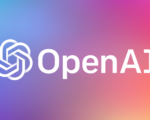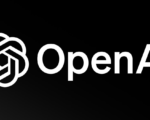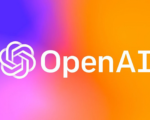EU Data Protection Board Criticizes ChatGPT for Falling Short of Data Accuracy Standards

Data Accuracy: Key Principle Underpinning the EU’s Data Protection Rules
OpenAI’s ongoing efforts to mitigate factual inaccuracies in ChatGPT’s output are being scrutinized by a task force at the European Union’s privacy watchdog, which has expressed reservations about the chatbot’s compliance with EU data rules.
In a report released on its website, the task force highlighted that while measures to enhance transparency in ChatGPT are beneficial, they fall short of meeting the stringent data accuracy standards mandated by EU regulations. The concern centers on ensuring that information generated by ChatGPT is not only transparent but also reliably accurate, aligning with the principles of data accuracy outlined in EU data protection laws.
The task force, comprising Europe’s national privacy regulators, was established last year following concerns raised by authorities such as Italy’s privacy watchdog regarding potential risks associated with the widespread deployment of artificial intelligence services like ChatGPT.
OpenAI, the organization behind ChatGPT, has implemented measures aimed at improving transparency in how the AI generates responses and handles user data. These efforts include disclosing when users are interacting with an AI system and providing mechanisms for users to understand and control their data privacy settings.

Despite these transparency initiatives, the task force emphasized the need for additional safeguards to ensure that ChatGPT’s responses meet high standards of factual accuracy, particularly in sensitive or complex contexts where misinformation could have significant consequences.
The scrutiny from EU privacy regulators underscores the growing regulatory focus on AI technologies and their impact on data privacy and accuracy. As AI continues to play an increasingly integral role in digital interactions and information dissemination, ensuring compliance with stringent data protection standards remains a critical challenge for organizations like OpenAI.
The outcome of these discussions and potential regulatory actions could shape future developments in AI governance and accountability, influencing how organizations worldwide approach data accuracy and privacy in AI-driven technologies. OpenAI’s response to these challenges will be closely watched as stakeholders navigate the complex intersection of AI innovation and regulatory compliance in the digital age.





















